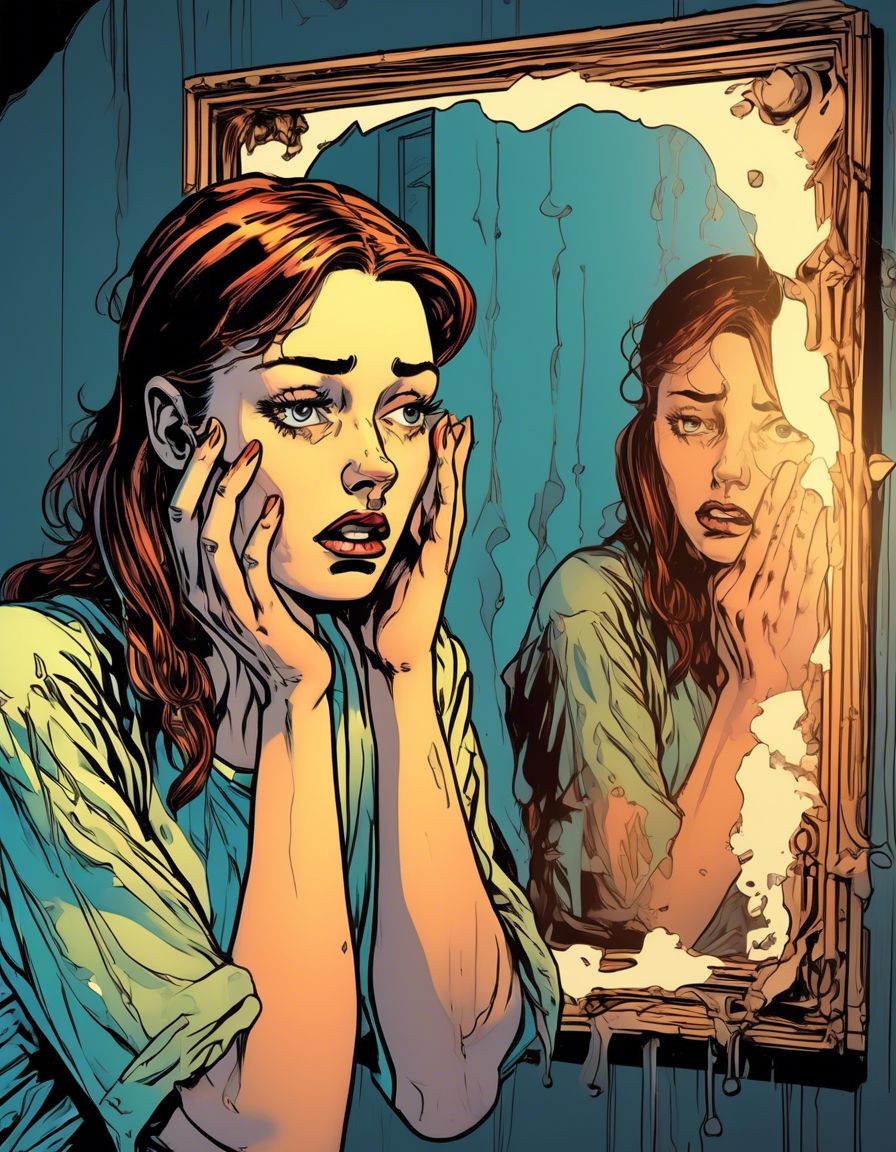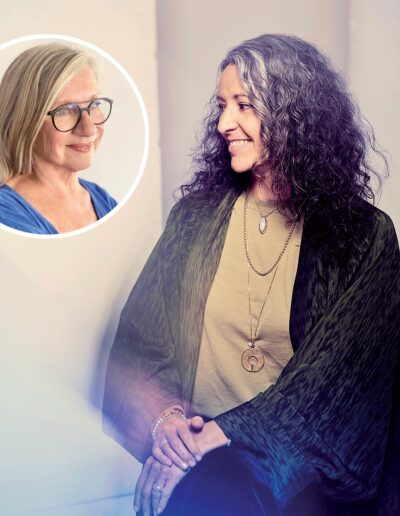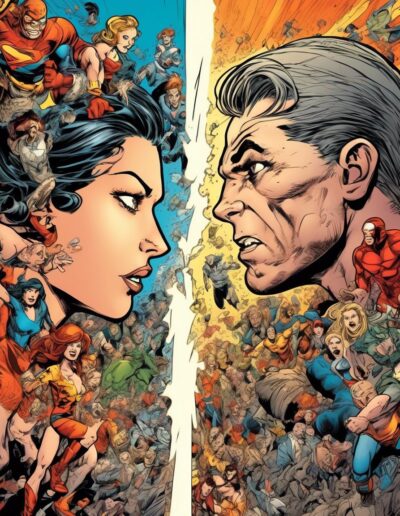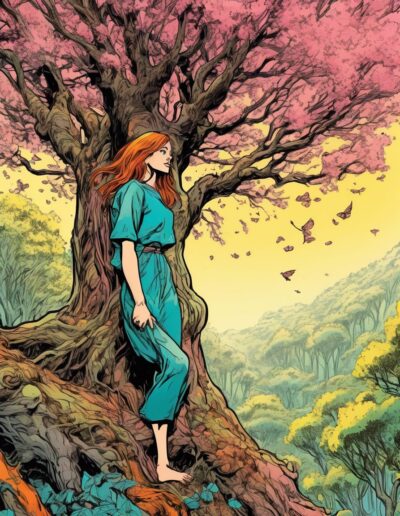There is a strange and paradoxical syndrome that appears to take over many of us as we get older. Sometimes ironically called a disease, it is the wonderful “down-ageing” effect whereby we stay young as we get old. While on the face of it, this seems like a contradiction in terms, remember that we today are living longer than ever before. We take better care of ourselves and do less gruelling hard physical labour. Furthermore, advances in medicine and technology have conspired to keep us mentally and physically an estimated seven years younger than the last generation, and 14 years younger than our grandparents were at the same age.
Our definitions of what is actually meant by old (and by association, young) have shifted considerably. Is old the new young, or even young the new old? And more importantly how old is old? It has been found to be an exceedingly fluid concept which interestingly, but perhaps not surprisingly, depends on how old you are. A German Ageing Survey of over 14,000 people between the ages of 40 and 85 tracked perceptions of “old age” over 25 years. They found that as you age, what you consider to be old age will shift accordingly. Researchers found that at the age of 65 people believed 75 to be the start of old age. But as these people got older, they were questioned again and researchers found that the definition of old age had shifted further away. By adding a year or two they were effectively down-ageing themselves.
As new participants entered the survey another interesting result emerged that revealed how things have changed over the last decades. It showed that someone aged 40 in 2008 believed old age to start later than someone who was aged 40 in 1996. Researchers found that when aged 65, participants born in 1911 believed old age began at 71, while participants born in 1956 said old age started at 74. Furthermore women (who on average live two to three years longer than men) perceived old age as beginning two years later on average than men did. But does living longer mean living better? The “expansion of morbidity” theory argues that increasing life expectancy will be accompanied by increased time spent with ill health. So living for longer but with longer periods with age handicaps leads to what is known in medical terms as “failures of success.”
If you merely look at older people’s adventures on social media rather than the demographic and medical research, this might be hard to believe. The Rolling Stones are still touring with Mick Jagger at 80. Even Paul McCartney, who in 1967 sang “Will you still need me, will you still feed me, when I’m sixty-four?”, is still going strong, and showing no sign of what he referred to as “wasting away” at the age of 82. Another of my favourite examples of down-agers is the group known as the “Graffiti Grannies” in Lisbon. These street art workshops for the over 65s in Portugal have since inspired a worldwide movement, with other cities organising their own graffiti groups.
If we want lessons on how to down-age successfully, we need only look to the so-called Blue Zones where people not only live longer but also enjoy a high quality of life beyond the age of 80.
There are five such regions – Okinawa (Japan), Sardinia (Italy), the Nicoya Peninsula (Costa Rica), Ikaria (Greece) and Loma Linda (California, USA). All five regions have certain lifestyle similarities: a predominantly plant-based diet (lots of vegetables), moderate calorie intake, low consumption of tobacco and alcohol, and regular exercise. Furthermore, they place a high value on family, social engagement is high, they enjoy good social cohesion, and a caring community. Oh, and last but not least, the inhabitants of Blue Zones have a distinct preference for olive oil – and that is perhaps the real secret to a “liquid youth”.

















